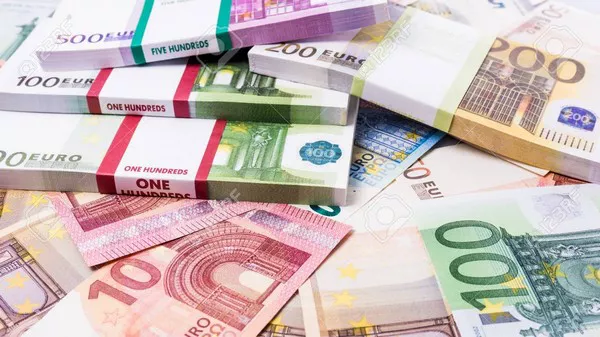In the ever-shifting landscape of global currencies, investors and individuals alike often find themselves at a crossroads when considering currency conversion. One of the most common currency pairs that garners attention is the Euro to the US Dollar (EUR/USD). As economic factors, geopolitical events, and market dynamics continue to influence exchange rates, the question arises: Is now a favorable time to convert Euros to Dollars? In this article, we will delve into the key factors influencing this decision and provide insights to help individuals make informed choices.
Economic Fundamentals:
A crucial aspect of evaluating the opportune moment for currency conversion is an analysis of the economic fundamentals of the involved currencies. Both the Eurozone and the United States have unique economic indicators that contribute to their currency strength or weakness.
The Eurozone, comprising 19 member countries, relies on indicators such as GDP growth, inflation rates, and employment figures. Eurozone economic data, closely monitored by investors, can significantly impact the Euro’s value. In recent times, the region has faced challenges like economic slowdowns and uncertainties surrounding Brexit, influencing the Euro’s performance.
On the other hand, the United States, boasting the world’s largest economy, relies on indicators such as non-farm payroll data, inflation rates, and consumer spending. The Federal Reserve’s monetary policies, including interest rate decisions, play a pivotal role in shaping the value of the US Dollar. Historically, a strong US economy has often translated into a robust Dollar.
See Also Is Now a Favorable Time to Exchange Euros for Dollars?
Geopolitical Developments:
Geopolitical events can have a profound impact on currency exchange rates, and the EUR/USD pair is no exception. Political stability, trade agreements, and international relations all contribute to market sentiment and can influence investors’ decisions to convert currencies.
As of late, the geopolitical landscape has been marked by uncertainties, such as the ongoing tensions between the United States and China, trade disputes, and political changes within the Eurozone. These factors inject a level of unpredictability into the currency markets, making it essential for those considering a currency conversion to stay abreast of geopolitical developments that may affect the Euro and the Dollar.
Interest Rates and Central Bank Policies:
Central bank policies and interest rates are critical determinants of currency values. Central banks, such as the European Central Bank (ECB) and the Federal Reserve, play a pivotal role in shaping monetary policies that directly impact interest rates.
In recent years, the ECB has maintained a dovish stance, keeping interest rates low to stimulate economic growth within the Eurozone. On the contrary, the Federal Reserve has gradually increased interest rates in response to a strengthening US economy. Interest rate differentials between the Eurozone and the United States can influence currency values, potentially impacting the decision to convert Euros to Dollars.
Market Sentiment and Technical Analysis:
Investor sentiment and technical analysis are essential tools for those navigating the currency markets. Traders often use charts, trends, and historical data to identify potential entry and exit points. Technical analysis can provide insights into whether the EUR/USD pair is currently overbought or oversold, helping individuals make more informed decisions.
Market sentiment, driven by factors such as economic data releases, geopolitical events, and news, can lead to short-term fluctuations in exchange rates. Monitoring sentiment through news outlets and financial analyses can be crucial for those considering a currency conversion.
Conclusion:
In the intricate world of currency exchange, determining the ideal time to convert Euros to Dollars requires a comprehensive understanding of economic fundamentals, geopolitical developments, central bank policies, and market sentiment. The interplay of these factors creates a dynamic environment that demands vigilance and strategic decision-making.
As of now, global economic conditions remain fluid, with ongoing challenges and uncertainties influencing the currency landscape. Individuals contemplating a conversion should stay informed, closely monitor relevant economic indicators, and be attuned to geopolitical developments that may impact the Euro and the Dollar.
Ultimately, the decision to convert Euros to Dollars is a nuanced one, and there is no one-size-fits-all answer. Those considering such a move should consult with financial experts, weigh the risks and benefits, and align their decisions with their financial goals and risk tolerance. In the ever-evolving currency markets, knowledge and prudence remain invaluable assets for those seeking to navigate the complexities of currency conversion.


